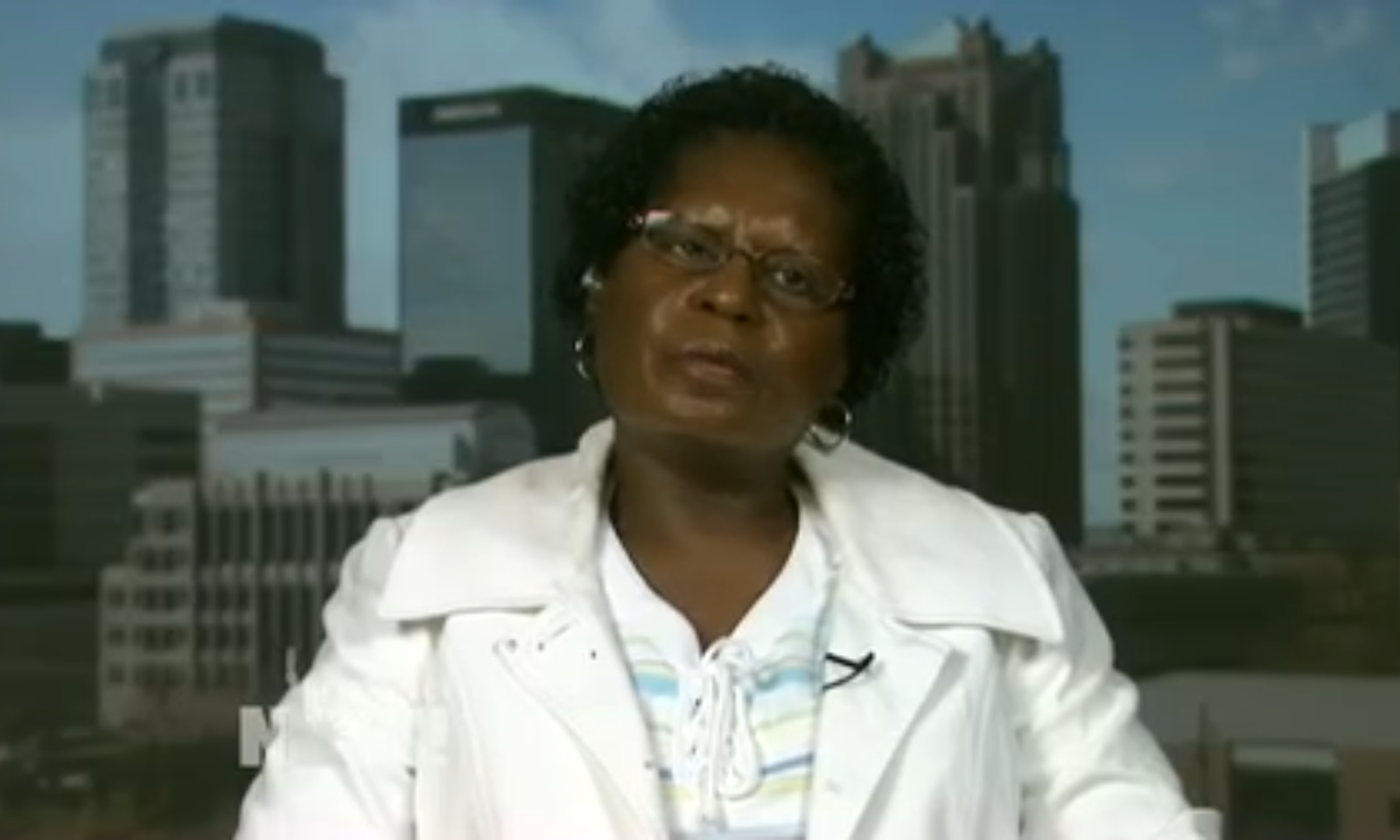Gov. Kay Ivey on Wednesday sent a written apology to the surviving victim of the 1963 16th Street Baptist Church bombing, and agreed to have the state’s attorneys meet with the survivor’s attorney to discuss their desire for compensation.
The surviving victim, Sarah Collins Rudolph, and those who died, including Rudolph’s sister, Addie Mae, and Cynthia Wesley, Carole Robertson, and Carole Denise McNair, suffered an egregious injustice that has yielded untold pain and suffering over the ensuing decades, Ivey wrote in her letter to Rudolph’s attorney, Ishan Bhaba.
“For that, they most certainly deserve a sincere, heartfelt apology — an apology that I extend today without hesitation or reservation,” Ivey wrote.
“It would seem to me that beginning these conversations — without prejudice for what any final outcome might produce but with a goal of finding mutual accord — would be a natural extension of my Administration’s ongoing efforts to foster fruitful conversations about the all-too-difficult — and sometimes painful — topic of race, a conversation occurring not only in Alabama but throughout America,” Ivey continued.
The explosion set off by Klansman on Sunday, Sept. 15, 1963, that killed the four young Black girls left Rudolph blind in her right eye. Bhaba wrote to Ivey earlier this month and asked on behalf of Rudolph for an apology and compensation for her lifelong injury. Her injury ended her dream of becoming a nurse, and so she’s worked odd jobs throughout her life to survive, Rudolph has said in several news accounts.
Ivey in her response Wednesday wrote that many would question whether the state was legally responsible for the bombing, but that “the racist, segregationist rhetoric used by some of our leaders during that time was wrong and would be utterly unacceptable in today’s Alabama.”
The deaths of the young girls came at a time when Alabama politicians were fighting against desegregation of the state’s public schools. Then Alabama Gov. George Wallace in May, just more than a week before the bombings, told The New York Times that “what this country needs is a few first-class funerals.”
Twelve years after the bombing, one of the Klansmen responsible was convicted of killing one of the girls and sentenced to life in prison.
Then-U.S. Attorney Doug Jones, 24 years later, secured convictions of two other Klansmen involved in the bombing.
Jones, now a U.S. Senator for Alabama, met with Rudolph’s attorneys in December, according to The Montgomery Advertiser, which quoted Jones as saying in a statement at the time that he didn’t feel it was in his place to offer her legal advice.
“I did, however, confirm my belief based on my own research for the trials of two of the four Klansmen responsible for the bombing, that the State of Alabama, through George Wallace and others, and the city of Birmingham through Bull Connor and others, engaged in the kind of dog-whistle political rhetoric that promoted violence and led to the bombing,” Jones said in the statement, according to the newspaper.


















































